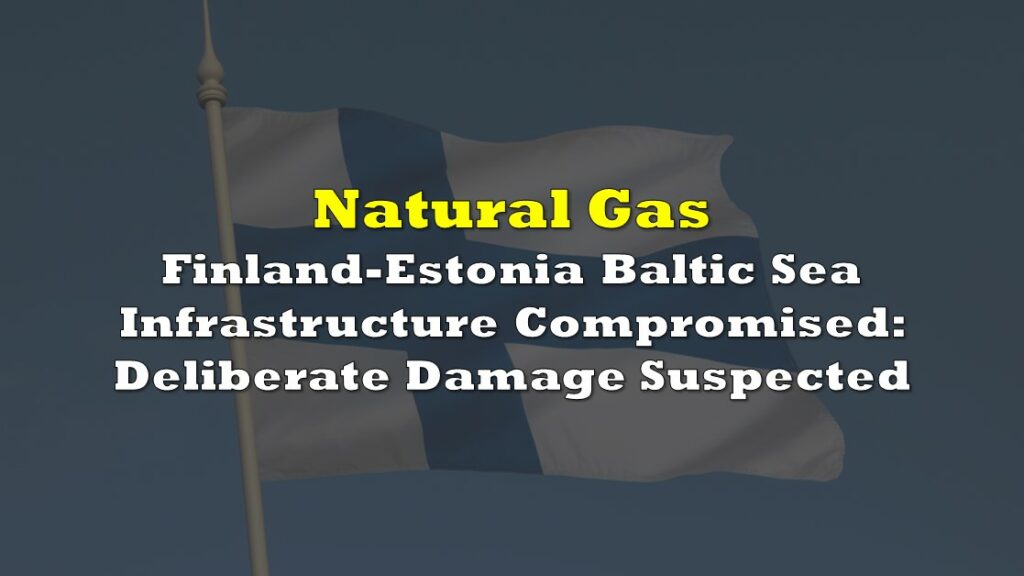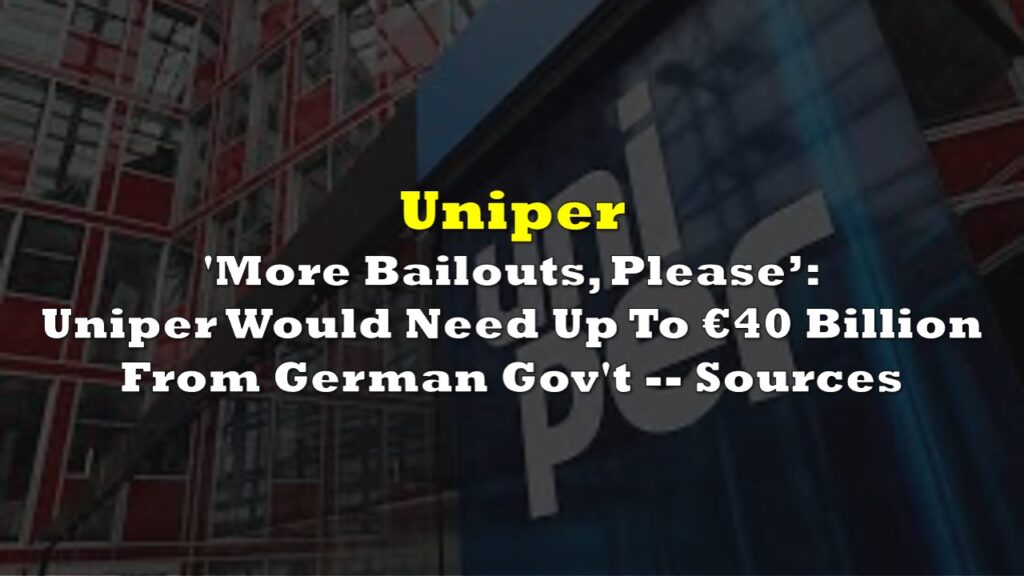It appears that Europe’s energy crisis is about to get a lot worse.
Oil company BP on Thursday announced it has no choice but to temporarily shut down some of its petrol fueling stations across the UK, as a truck driver shortage impedes the company’s ability to deliver fuel from its refineries. “We are experiencing some fuel supply issues at some of our retail sites in the UK and unfortunately have therefore seen a handful of sites temporarily close due to a lack of both unleaded and diesel grades,” read the company’s statement.
BP, which owns approximately 1,200 petrol stations across the UK, said it will in the meantime prioritize vital fuel deliveries to areas that are in high demand, such as major trucking routes. BP’s head of UK retail, Hanna Hofer, last week explained to the UK government that the oil company only has about two-thirds of fuel inventories needed for regular operations, but said that supplies will begin replenishing sometime in October.
Britain’s trucking industry is facing an unprecedented driver shortage, after Brexit made it increasingly difficult for European drivers to work in the UK. In order to meet demand, the trucking industry requires an additional 90,000 drivers— a figure that will be even more difficult to achieve amid pandemic-related travel restrictions.
The latest dismal news from BP only helps compound Europe’s growing energy crisis, as natural gas and electricity prices enter hyperinflationary territory amid low supplies and political tensions with Russia. To make matters worse, Poland has just added even more bureaucratic fuel to the fire, claiming that the controversial Nord Stream 2 pipeline does not meet EU requirements, further delaying the certification process needed to launch much-needed gas deliveries.
PGNiG, a Polish-based energy company in charge of certifying Russia’s newly completed Nord Stream 2, said that the pipeline falls short of EU standards, and does not qualify for certification as an Independent Transmission Operator (ITO). “A positive [certification] decision would put at risk the security of supply of the EU and member states,” PGNiG said in a statement, threatening to make the process a lot longer and more complicated than it needs to be.
“We will prove consistently that Nord Stream 2 AG does not meet the formal and substantive requirements for the operator of the pipeline, in particular those relating to security of supply and the corporate structure of the company,” added PGNiG head of management Pawel Majewski. In an effort to further create even more of a headache for European consumers facing steep energy hyperinflation, the company cautioned against delivering gas through the pipeline until the certification process is complete, calling it a breach of EU law.
An early opening of the Nord Stream 2 would help significantly curb skyrocketing natural gas prices, which have soared to a record-high of $963.9 per 1,000 cubic meters, which is approximately $27.29 per million BTU according to October’s futures.

Information for this briefing was found via BP and the companies mentioned. The author has no securities or affiliations related to this organization. Not a recommendation to buy or sell. Always do additional research and consult a professional before purchasing a security. The author holds no licenses.









